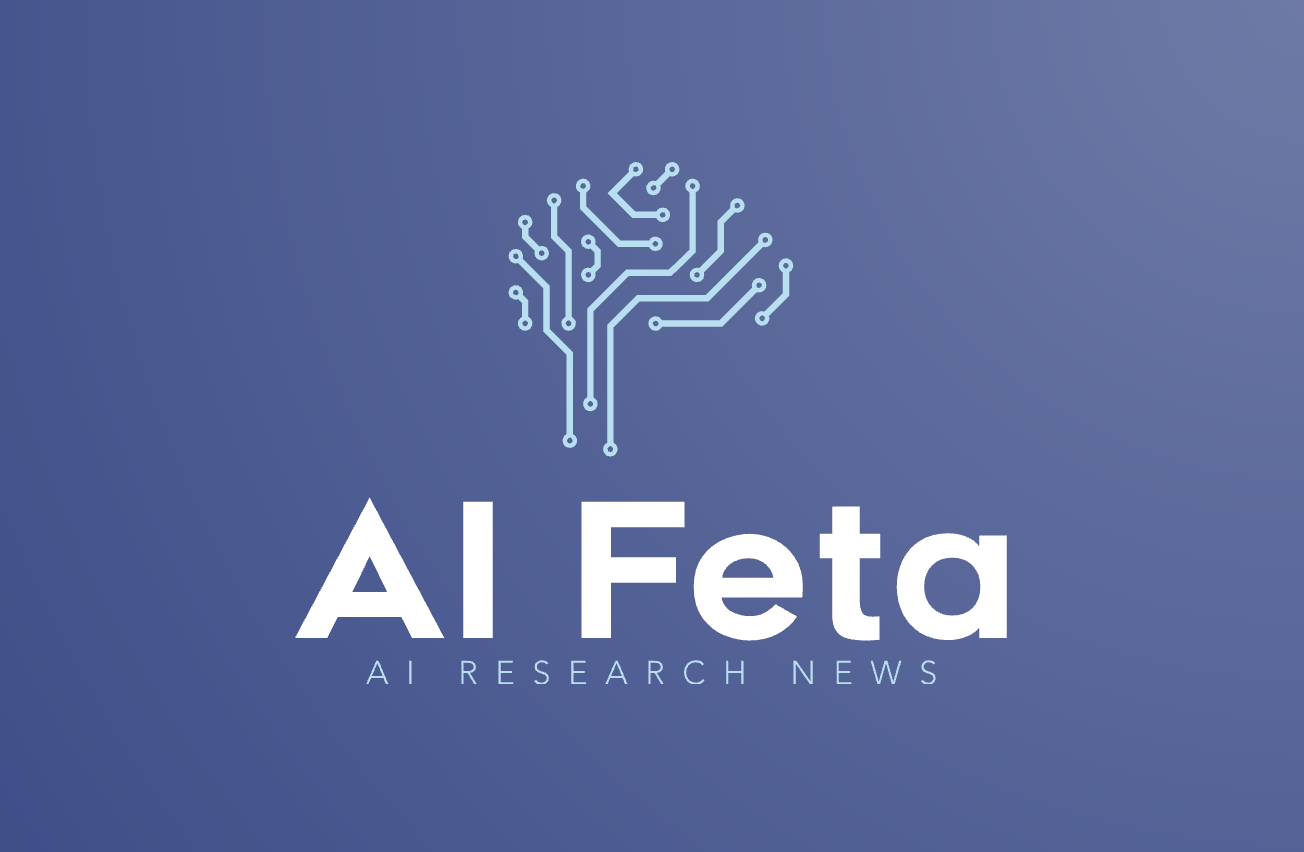Retrieval-Augmented Guardrails for AI-Drafted Patient-Portal Messages: Error Taxonomy Construction and Large-Scale Evaluation
Clinician-grade guardrails: retrieval-augmented, clinically grounded, and validated on real patient messages.
As patient-portal messaging grows, so does the pressure on clinicians—and the appeal of LLM-drafted replies. But drafts can miss context, introduce clinical inaccuracies, or adopt the wrong tone. This work delivers a practical solution: a retrieval-augmented evaluation pipeline (RAEC) paired with a clinically grounded error ontology to flag and categorize issues at scale.
The ontology spans 5 domains and 59 granular error codes, developed via inductive coding and expert adjudication. RAEC retrieves semantically similar historical message–response pairs to provide rich clinical context, then uses a two-stage DSPy prompting architecture for scalable, interpretable, hierarchical error detection. Crucially, the system evaluates drafts both in isolation and with context, capturing omissions (e.g., missing triage guidance) and workflow appropriateness (e.g., when to escalate).
In a study of 1,500+ messages, retrieval context improved detection of completeness and workflow errors. Human validation on 100 messages showed markedly stronger agreement and performance for context-enhanced labels versus baseline (concordance 50% vs 33%; F1 0.500 vs 0.256). The result is a set of guardrails that help clinicians safely scale AI assistance without sacrificing clinical fidelity.
Who benefits: health systems deploying LLMs for outbound patient communications, digital front doors, and triage. What’s compelling: measurable uplift, transparent error coding, and a retrieval-first design that respects institutional patterns—all essential for real-world adoption. Future directions include tighter integration with EHR workflows, safety alignment, and continuous learning from clinician feedback.
Paper: http://arxiv.org/abs/2509.22565v1
Register: https://www.AiFeta.com
#AI #Healthcare #LLM #PatientSafety #RAG #Evaluation #DSPy
